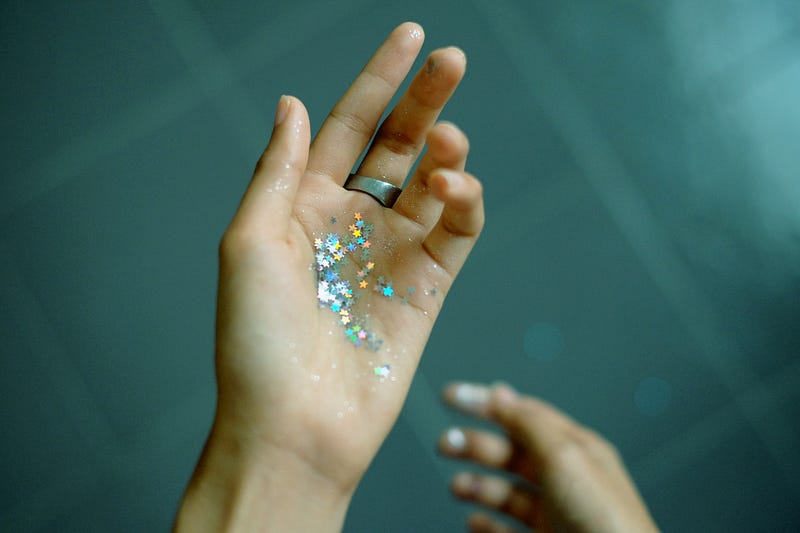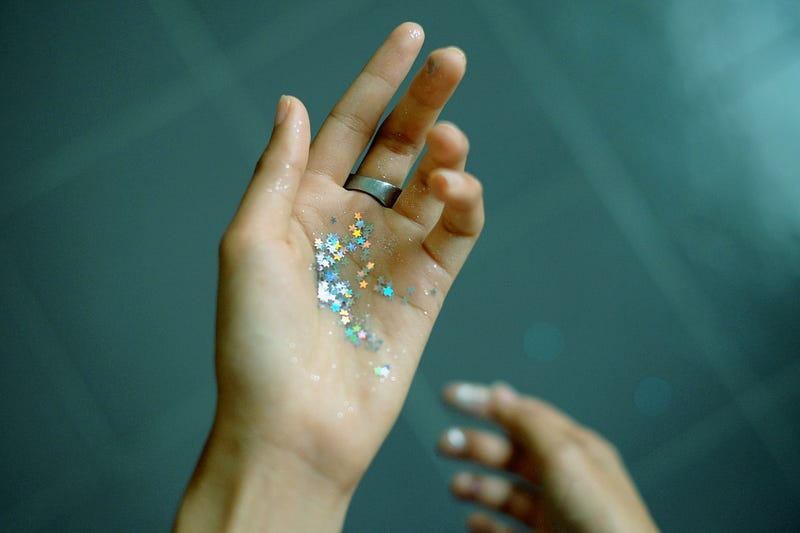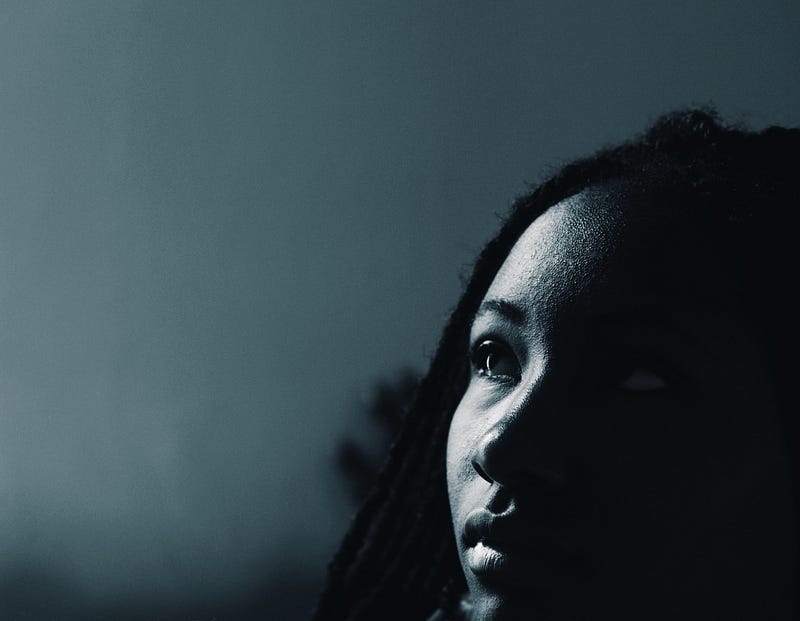Your Abuser is a Thief. Peer Support is Gift.
Abusers steal trust, autonomy and safety from victims. Peer support groups offer power, choice and control to survivors.
Abusers steal trust, autonomy and safety from victims. Peer support groups offer power, choice and control to survivors.
Every Tuesday evening a little magic happens.
A group of women put their lives aside to gather and talk. For some of us with small children, it may be the one night of the week that we leave the house alone. Some women, whose kids are older or out of the house, arrive unfettered by schedule or babysitter. But we all share something in common.
“Now that she’s passed, there are things I can talk about,” said one of the women on a recent evening. A few of us nod. The loneliness of being the only one is familiar.
My mother died four years ago. The disbelief was immediate and it lingered. A different kind of loneliness set in. But another feeling sailed in as if aboard a high masted boat: “there are lessons here,”. I was 42 and hadn’t been looking for guidance. But I do believe in signs.
Slowly, I started to do things differently. Tuesday evening group is one of those things.
When my mother died, she took her secrets and sorrows. I was still walking around with mine.
I was working seven hours a week at a local human services agency. You know it better as a domestic violence and rape crisis center. I facilitated agency support groups which included screening participants for those groups. Nine months before, in the interview for the job, I was asked if I was a survivor. I said “yes”, that like many women I knew, I was raped in college. The blend of pity and disgust on the face of my future boss is something that I can see in an instant when I close my eyes.
With her next question, however, I had a chance to redeem myself:
“I can’t imagine a time, however, when mentioning that fact to clients would ever be appropriate.”
I got the job.
A portion of my weekly seven hours was spent screening potential group participants. Prospective participants were told that the conversation would be confidential. “Confidential”, however, can be scary. It can be code for something secret, something that maybe shouldn’t be talked about. It can be triggering too. Once again, someone more powerful is telling them that what’s going to happen is okay, not to worry and to relax. “Confidential” also means another secret being kept. And yet again, that secret can be used against them. If it seems to the screening staff person that they are “too much”, “in crisis” or “not ready”, they won’t be allowed in participate in support group.
It’s as awful as it sounds.
The hypocrisy of being a unspoken rape survivor facilitating support groups for other survivors had never been lost on me. But obligation kept me silent. Then my mother died. My heart felt as if it had been forced from my body with a wrench. Each day was suddenly tender. I noticed myself increasingly aware of how I spent my time, where and with whom. And I realized keeping quiet wouldn’t save me.
I told the women in support group that I had been raped in college.
The same story I shared in my interview but I went a step further. Atonement maybe. I told them what I had told few other people: that my former long-term partner had raped me, more than once. I shared my decision to leave the agency and offer the group on my own. The new group would take place in my office. Everything else would stay the same. Except one thing. We would be in this together, as equals.
The group would be a peer support group.
Peer support groups are like AA. Everyone identifies as a member of a certain experience or condition: diabetic, veteran, abuse survivor. Unlike agency based groups, peer support groups are places where there is no expert leader. But the main point of difference is that they are set up to share power and prioritize choice.
Seating is arranged circle-style. There’s a sign on the front door letting folks know who we are. Drop-ins are welcome. Some of us come late, Subway or C&H in hand. A friend wants to come? She’s welcome. There are no screenings to “pass”. We meet every Tuesday evening, 365 days a year. No one has to sign in. Attendance isn’t taken. Need a ride back home from group after the buses stopped running? One of us can drive you.
Mandalas, bright pencils, PlayDoh and bottled water are out for anxious hands. We read our group welcome, passing around the well-worn pages so everyone gets a chance to say a few lines. It starts with “we are all here because we are survivors of abuse.” We understand in an instant there is no specialist in the room. No one is paid to be there. We are each there because we want to be.
We learn we don’t have to compromise when it comes to our health and wellness, even in relationships. That we don’t need to give someone the benefit of the doubt if they hurt us. Big feelings like anger, shame or grief are explored. We realize that talking with the right people not only lessens our loneliness but proves we aren’t screwed up or abnormal. We learn what safe looks and feels like by what we see and hear from the women in the group. No matter what we were taught, we can create our own story, that what happened to us doesn’t define us. We gain strength in reclaiming “victim” or becoming “survivor”.
The final minutes of group are left for a closing ceremony, a brief circle share of a few words. We’ve heard — made real because it’s read aloud — that no matter what we were taught or told, we were not to blame for what happened to us. That’s one of the pieces we hold as we walk out together into the night.
My mother never knew me as a rape survivor. It was her death that freed that truth. And today, I live a different story from the one that I was raised with. It’s a story that is more nuanced than black and white.
We are more than a trauma history and can still want that history to matter. We aren’t ever at fault for what happened to us but things may have been different if we’d been taught what to look for. That we are strong and smart when we ask for help. That each of us are more than labels but a label can also be a comfort. And one label is of great comfort: peer support.
Nuanced stories require us to hold multiple truths. Which makes them frustrating but also freeing. They allow us to live outside the black and white, in a gray area without hard borders. This can feel strange or uncomfortable unless you have a community to support you. But I do now. I’m part of an extraordinary group of women who work together through a common experience.
When we are open, sometimes during our most vulnerable points in life, small lessons sing out everywhere. It’s up to us to pay attention to them, though. It’s never too late.
Elizabeth M. Johnson MA is a writer and podcaster based in Durham, North Carolina. She writes about trauma, relationships and how we make decisions. Sign up for her Substack here or be social @EMJWriting.






